Cyber-noia, pornography, and liberation: inside the queer sci-fi of Shu Lea Cheang
Shu Lea Cheang's new film, ‘UKI’, exists in two worlds simultaneously: the real world of flesh and blood, and a strange digital landscape
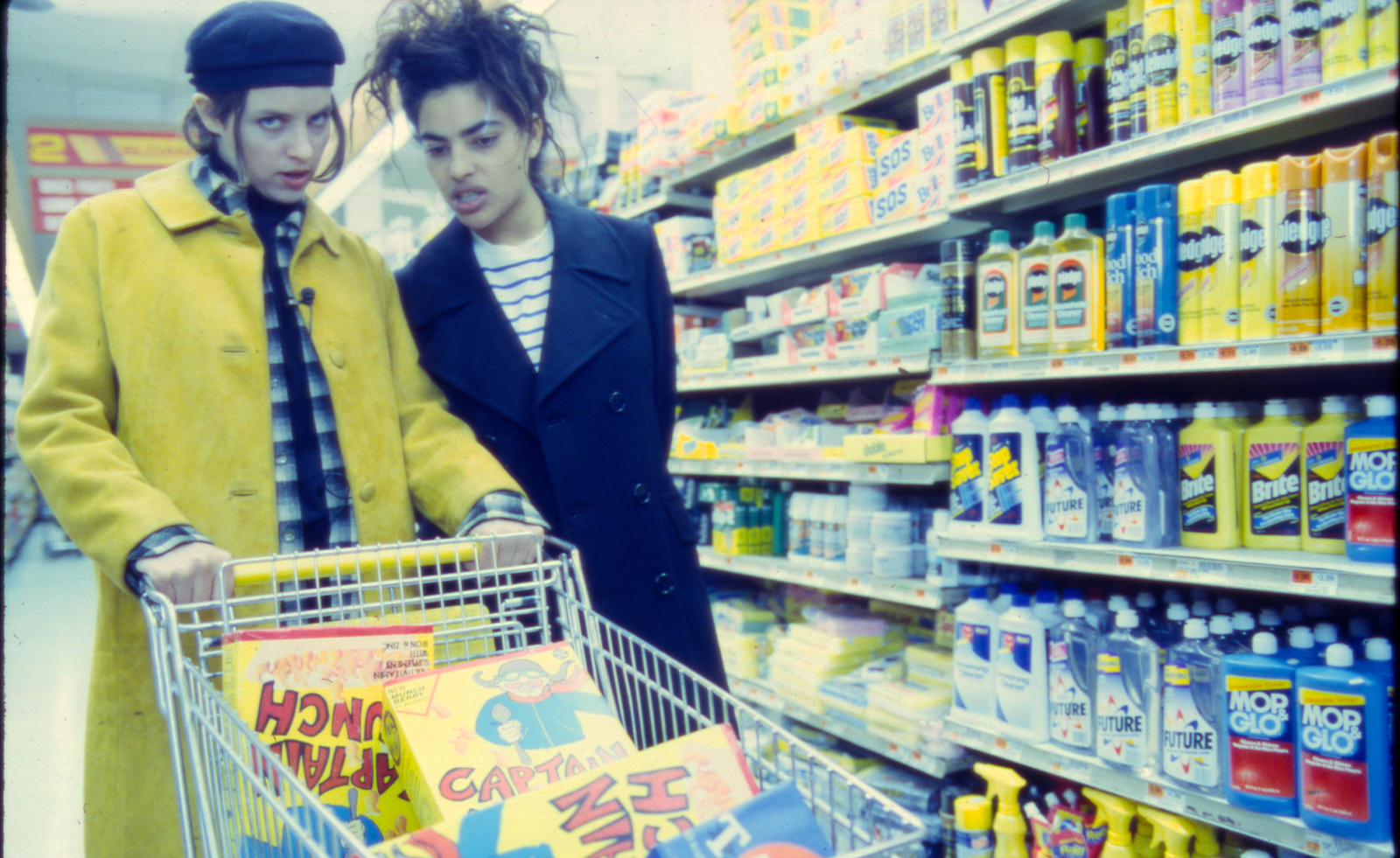
The world(s) that come to life in Shu Lea Cheang’s films are always evolving. As our relationship to exponential, transformational changes in technology have developed, so too has Cheang’s cinema. From the punk aesthetics and ‘eco-cyber-noia’ of queer cult classic Fresh Kill (1994) to the digital spaces of her most recent film, UKI (2023), the filmmaker is constantly interrogating our place in a world that seems to be on the verge of being taken over by technological advances.
A retrospective of her works, titled ‘Sci-Fi New Queer Cinema’, was recently staged at London's Project Native Informant gallery and is now set to show at Brooklyn Academy of Music (BAM) in mid-June 2024.
For Cheang, the transition of her work from cinema screens to arts venues offers a chance to see it in a new context, even as she makes ‘feature films to be shown in the cinema with a movie-going audience’; she hopes that the retrospective is able to ‘set up an intimate viewing environment’. There’s an intimacy throughout Cheang’s films, whether in the minutiae of queer relationships explored in Fresh Kill, or the power she imbues into eroticism with I.K.U (2001), a pornographic riff on Blade Runner.
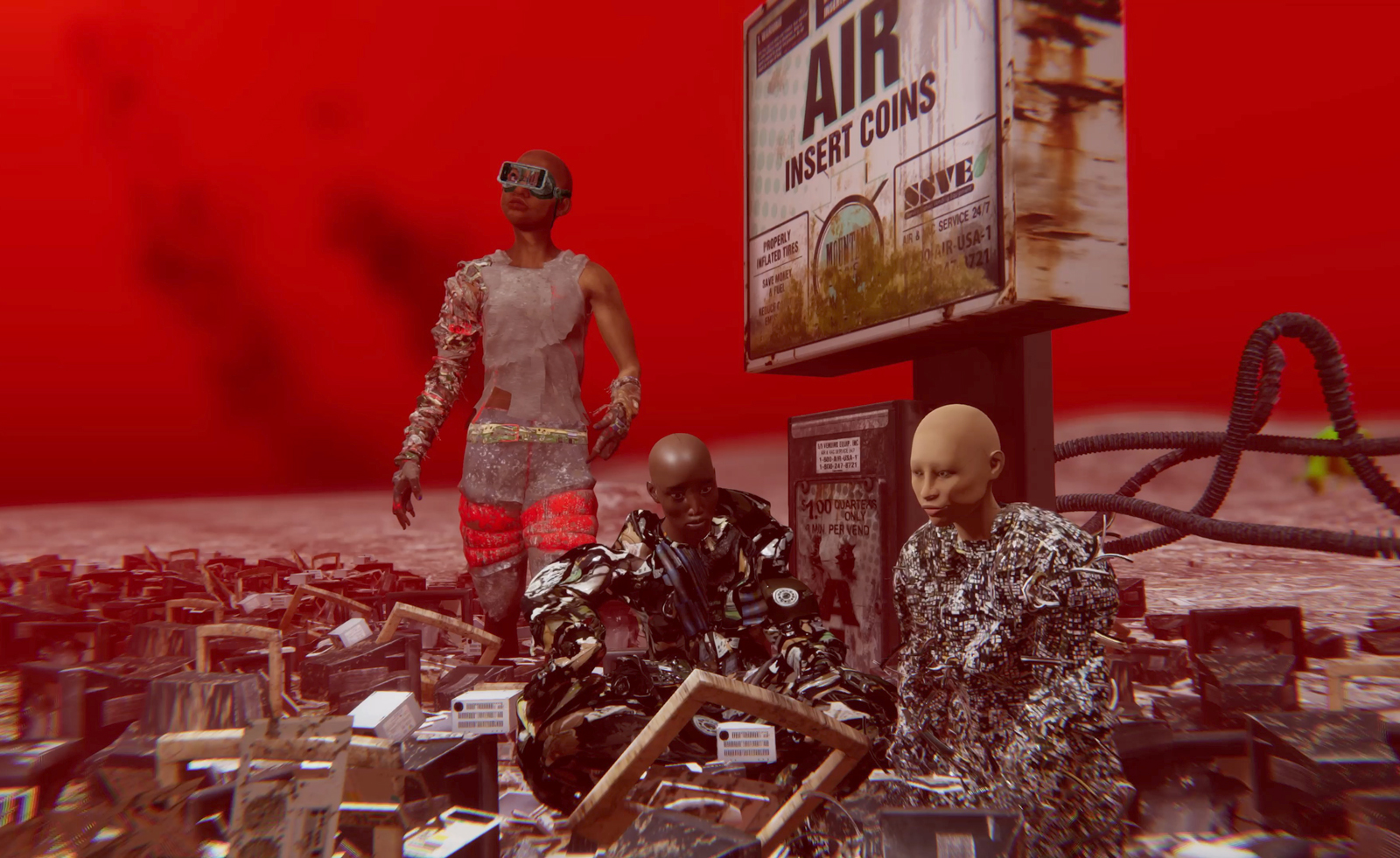
Shu Lea Cheang, UKI, 2023, single-channel HD video 1 hour, 20 mins
The title of the retrospective offers another look into the tensions that seem to animate the artistry and historical context in which Cheang’s films exist. ‘Sci-Fi New Queer Cinema’ is a designation that Cheang herself settled on out of a rejection of ‘being termed experimental with my films’. In fact, she affords each film its own niche genre: Fresh Kill is eco-cyber-noia, I.K.U is sci-fi steampunk, and UKI is ‘sci-fi viral alt reality cinema’.
UKI exists in two worlds simultaneously: the real world of flesh and blood, and a strange digital landscape that occupies a midpoint between dumping ground and archive. It sees Cheang explore the relationship between technology, film, and art in interesting new ways – so much imagery is referential to the vast, lonely cityscapes of Edward Hopper – this nod to art history seeming to capture the ways in which technology might be making us more lonely when we’re not plugged into cyberspace. This ever-evolving tech landscape is at the heart of how Cheang’s own films have changed in the decades since her debut.
Cheang acknowledges the importance of the changing nature of technology to her film practice, saying that her work has, ‘advanced with digital/electronic technology, in step with the social/political issues brought about’ by these changes. And while the advancements – and potential pitfalls – of technology recur throughout the artist’s feature films, the thing that seems to animate them most is a political gesture towards liberation, and how technology might help or hinder that.
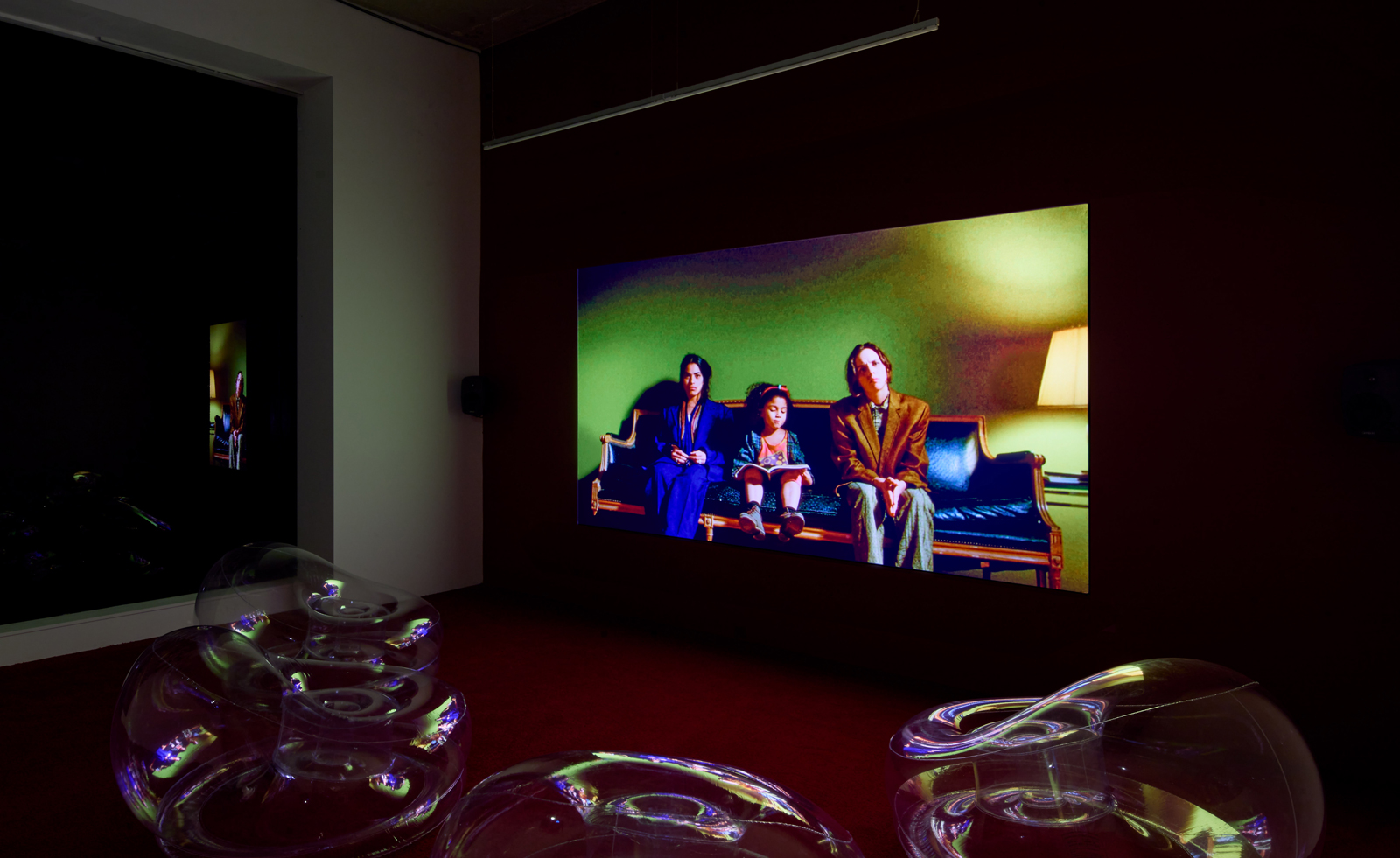
Exhibition view, ‘Sci-Fi New Queer Cinema’
In Cheang’s films, desire and sexuality are vehicles to this idea of liberation, something that can be seen in the way they engage with ideas around pornography. I.K.U, produced by Takashi Asai of Uplink Tokyo, was made, according to Cheang, ‘to challenge Japan’s particular censorship around naked sexual organs’. But more than just this, I.KU. explores the relationship between intimate acts and a technological landscape that is embedded even deeper into our everyday lives. Cheang puts emphasis on what she calls ‘the charm of porn: no build-up, no excuse, direct to the sex act. Here the plot made it simple: sex for data, orgasm for consumption.’
Wallpaper* Newsletter
Receive our daily digest of inspiration, escapism and design stories from around the world direct to your inbox.
The relationship between the human body, and the data that seems to constitute it, runs through much of Cheang’s most recent work; UKI functioning as a pseudo-sequel to I.K.U presents the title character of the earlier film as being a relic in a digital graveyard, less a living thing and more of a repository for data – an echo of how sex functions in I.K.U –something that Cheang has been grappling with across several films now. In Fluidø (2017), she explores a complex relationship between viruses, wellness, and the manufacturing of psychoactive drugs in a world set decades in the future, when HIV/AIDS has been eradicated. Cheang calls this an ‘attempt at reconciliation with the pain of lost intimacy’, something that seems to gesture towards not only the historical and contemporary losses that defined so much of the AIDS crisis, but also the possibilities of what happens when the most intimate parts of our lives are simply another part of us that can be sold off. Cheang calls this ‘a future [where] our bodies are colonised, engineered, reconstituted. We own an empty shell of a body whose data we no longer have access to.’
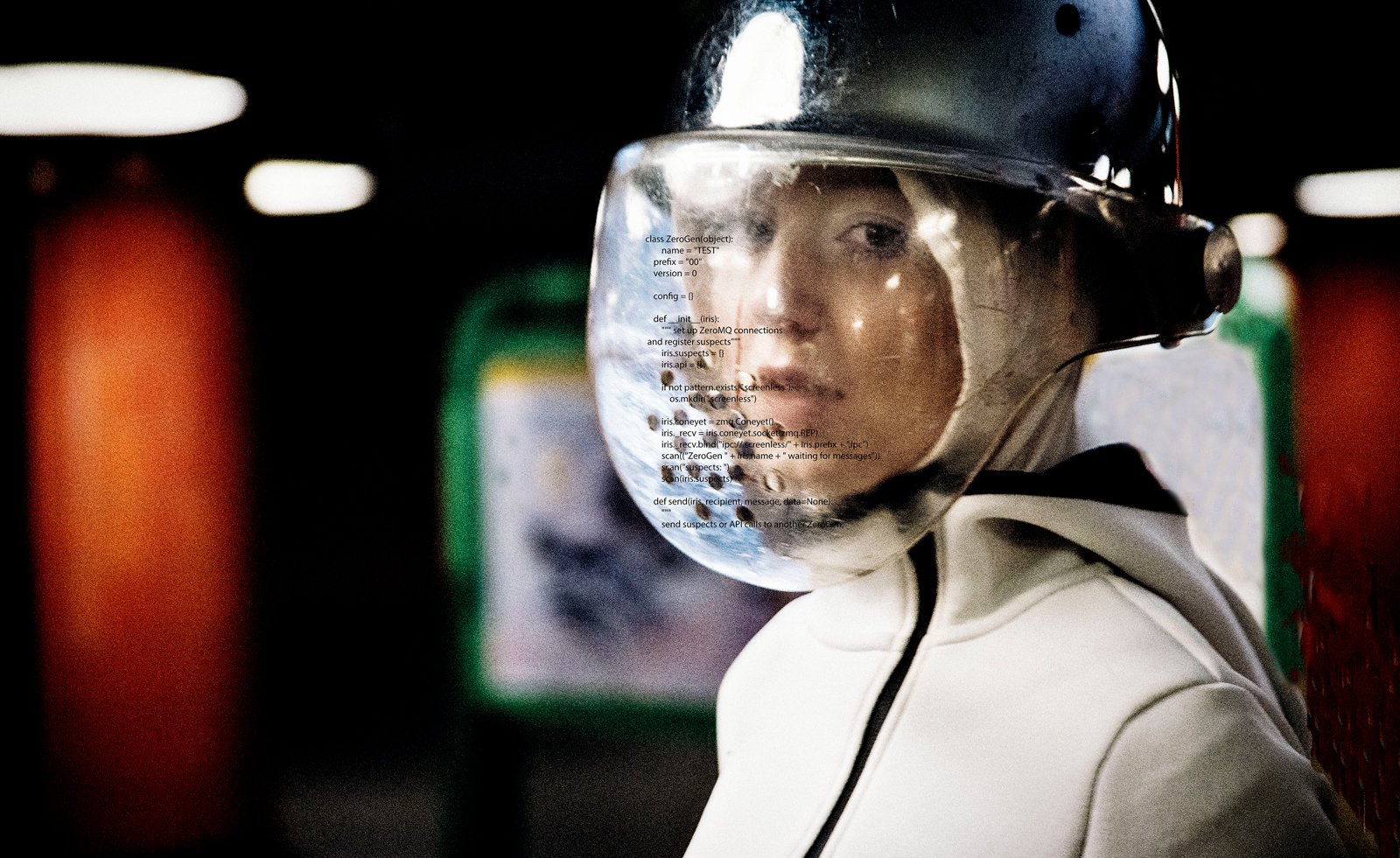
Shu Lea Cheang, Fluidø, 2017, single-channel HD video 1 hour, 20 mins
Amidst this ever-evolving landscape, career retrospectives, and being awarded the LG Guggenheim Award, Cheang finds that there’s still an uncertainty around how to define her practice, saying that museums are ‘still working out how to ID me, as an artist or a filmmaker, not ready to merge these two mediums (or more) as my multi-faceted art practice’.
With the four features that make up ‘Sci-Fi New Queer Cinema’ next set to screen at BAM, Cheang’s work will continue to shift between gallery settings and the cinema-going public. Both ways of screening the film, of engaging with Cheang’s work, seem to offer viewers a way into what the artist herself sees as the heart of her work, her belief that ‘trusting resistance through intimacy is possible’.
Shu Lea Cheang's films are to be screened mid-June at Brooklyn Academy of Music (BAM)
Sam is a writer, artist, and editor. Their publications include All my teachers died of AIDS (Pilot Press, 2020), and Search history (Queer Street Press, 2023). They are one of the co-curators of TISSUE, a trans literary events and publishing initiative based in London
-
 What not to miss at NYCxDesign 2025, according to our editors
What not to miss at NYCxDesign 2025, according to our editorsFrom mega furniture fairs to can't-miss parties, here's what to catch at North America's biggest celebration of design
-
 These Loro Piana sunglasses are inspired by the house’s superlative garments
These Loro Piana sunglasses are inspired by the house’s superlative garmentsContinuing the house’s continent-crossing journey to find the very best materials – from Mongolia to New Zealand – Loro Piana’s new sunglasses collection takes it to Japan, where the first titanium frames were made in the 1980s
-
 How to build a home wine cellar
How to build a home wine cellarOur resident drinks writer takes us through his own experiences on building the dream wine cellar at home including his favourite wines to stock up on now
-
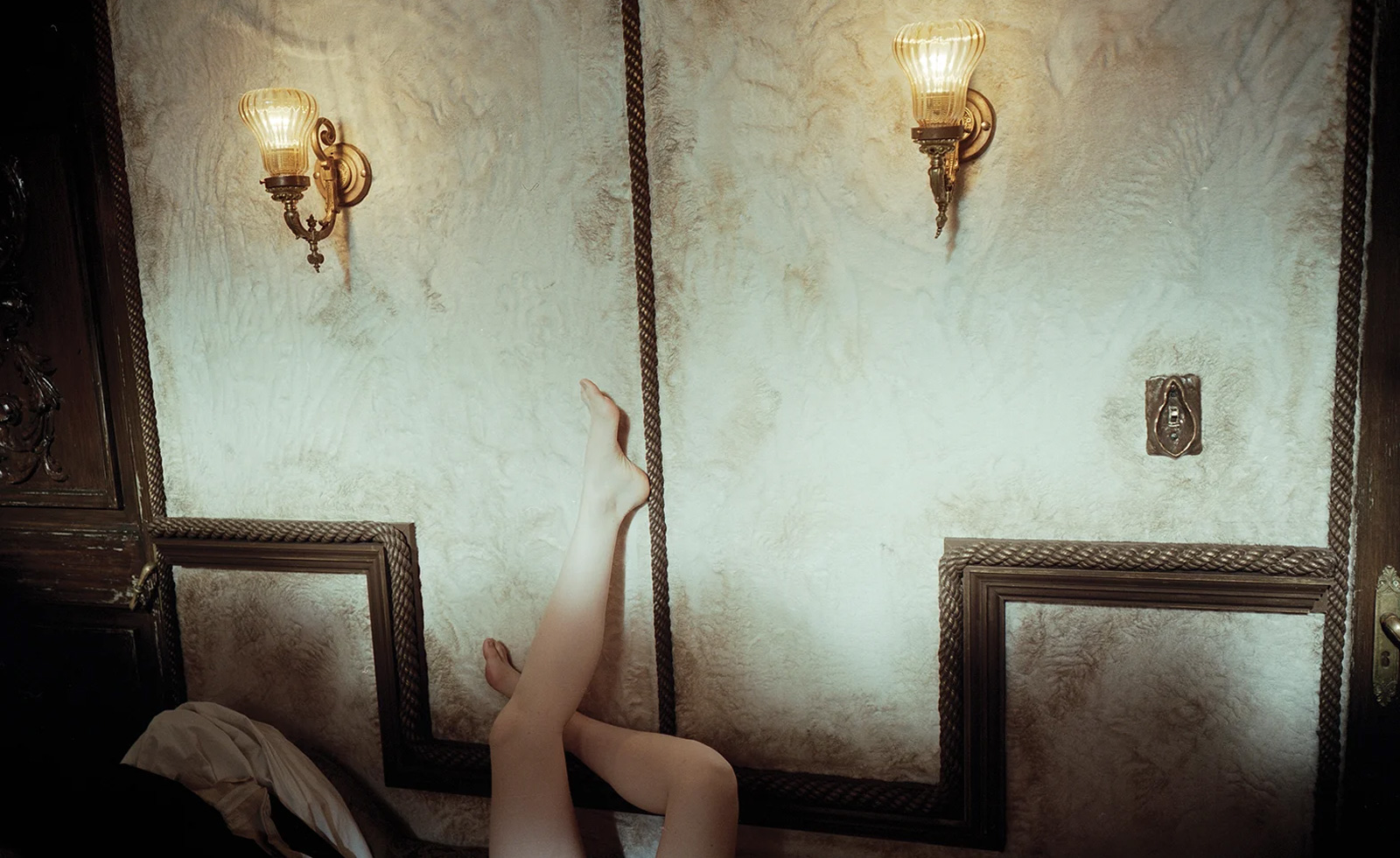 Unlike the gloriously grotesque imagery in his films, Yorgos Lanthimos’ photographs are quietly beautiful
Unlike the gloriously grotesque imagery in his films, Yorgos Lanthimos’ photographs are quietly beautifulAn exhibition at Webber Gallery in Los Angeles presents Yorgos Lanthimos’ photography
-
 ‘Life is strange and life is funny’: a new film goes inside the world of Martin Parr
‘Life is strange and life is funny’: a new film goes inside the world of Martin Parr‘I Am Martin Parr’, directed by Lee Shulman, makes the much-loved photographer the subject
-
 The Chemical Brothers’ Tom Rowlands on creating an electronic score for historical drama, Mussolini
The Chemical Brothers’ Tom Rowlands on creating an electronic score for historical drama, MussoliniTom Rowlands has composed ‘The Way Violence Should Be’ for Sky’s eight-part, Italian-language Mussolini: Son of the Century
-
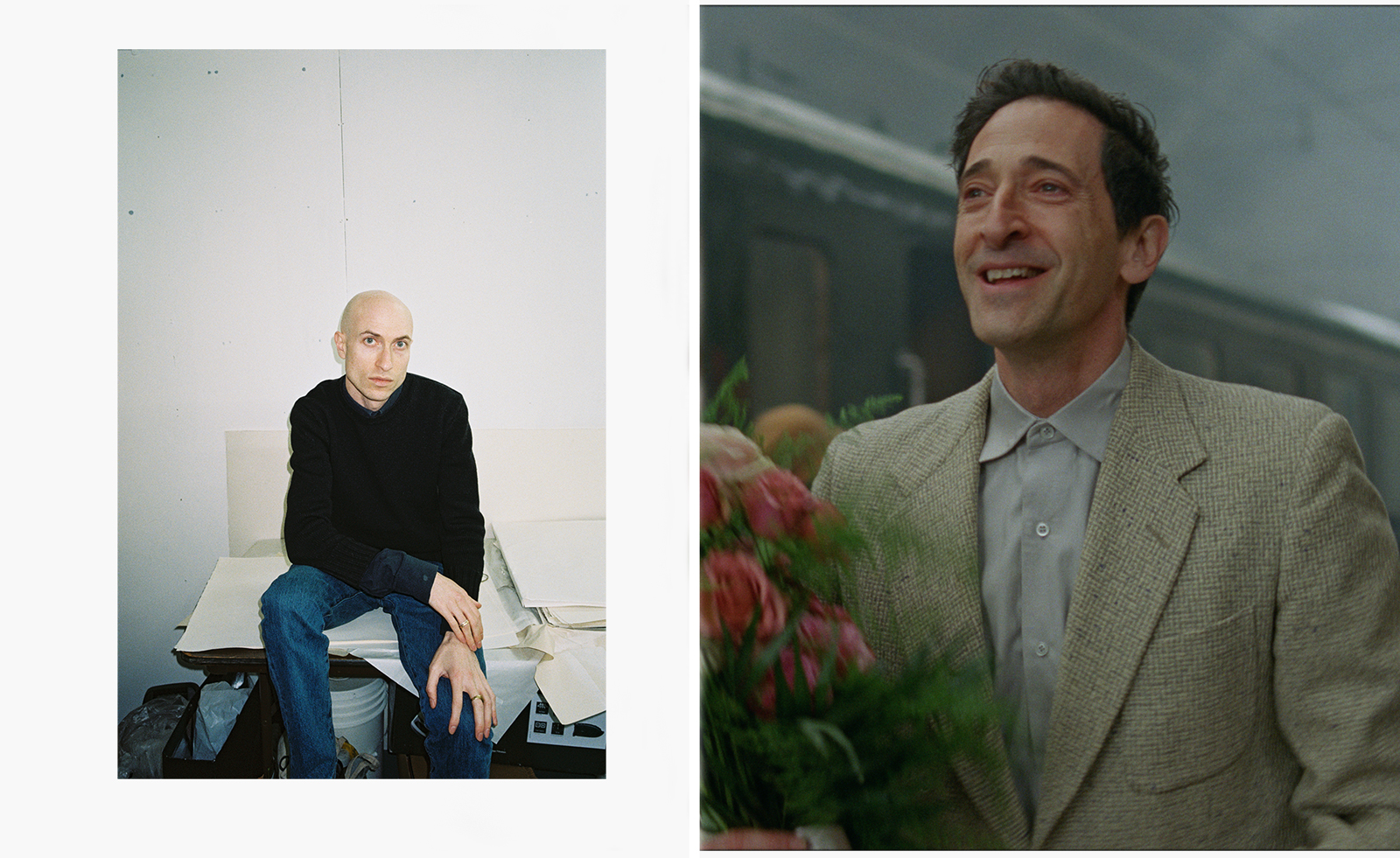 Meet Daniel Blumberg, the British indie rock veteran who created The Brutalist’s score
Meet Daniel Blumberg, the British indie rock veteran who created The Brutalist’s scoreOscar and BAFTA-winning Blumberg has created an epic score for Brady Corbet’s film The Brutalist.
-
 Remembering David Lynch (1946-2025), filmmaking master and creative dark horse
Remembering David Lynch (1946-2025), filmmaking master and creative dark horseDavid Lynch has died aged 78. Craig McLean pays tribute, recalling the cult filmmaker, his works, musings and myriad interests, from music-making to coffee entrepreneurship
-
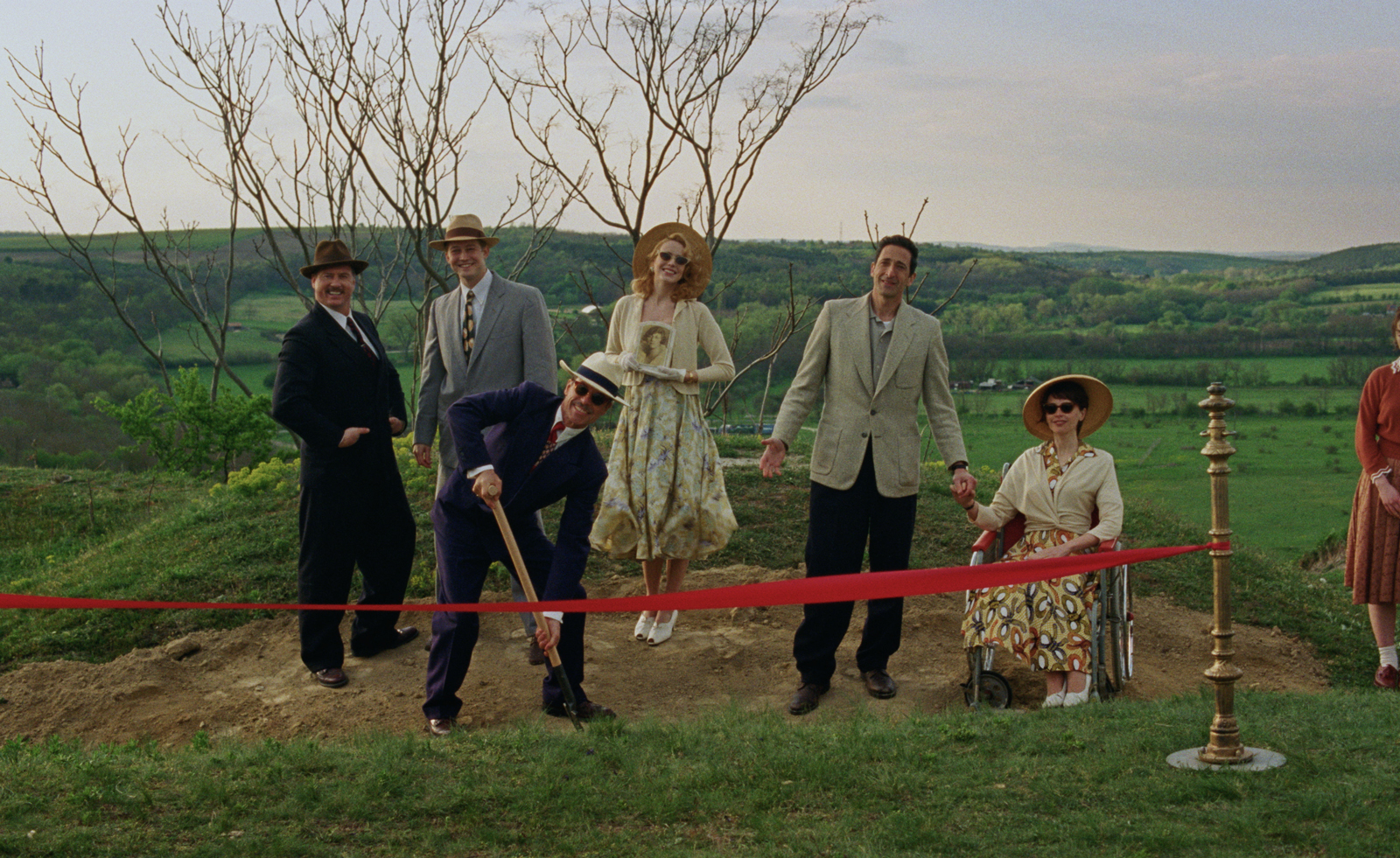 Architecture and the new world: The Brutalist reframes the American dream
Architecture and the new world: The Brutalist reframes the American dreamBrady Corbet’s third feature film, The Brutalist, demonstrates how violence is a building block for ideology
-
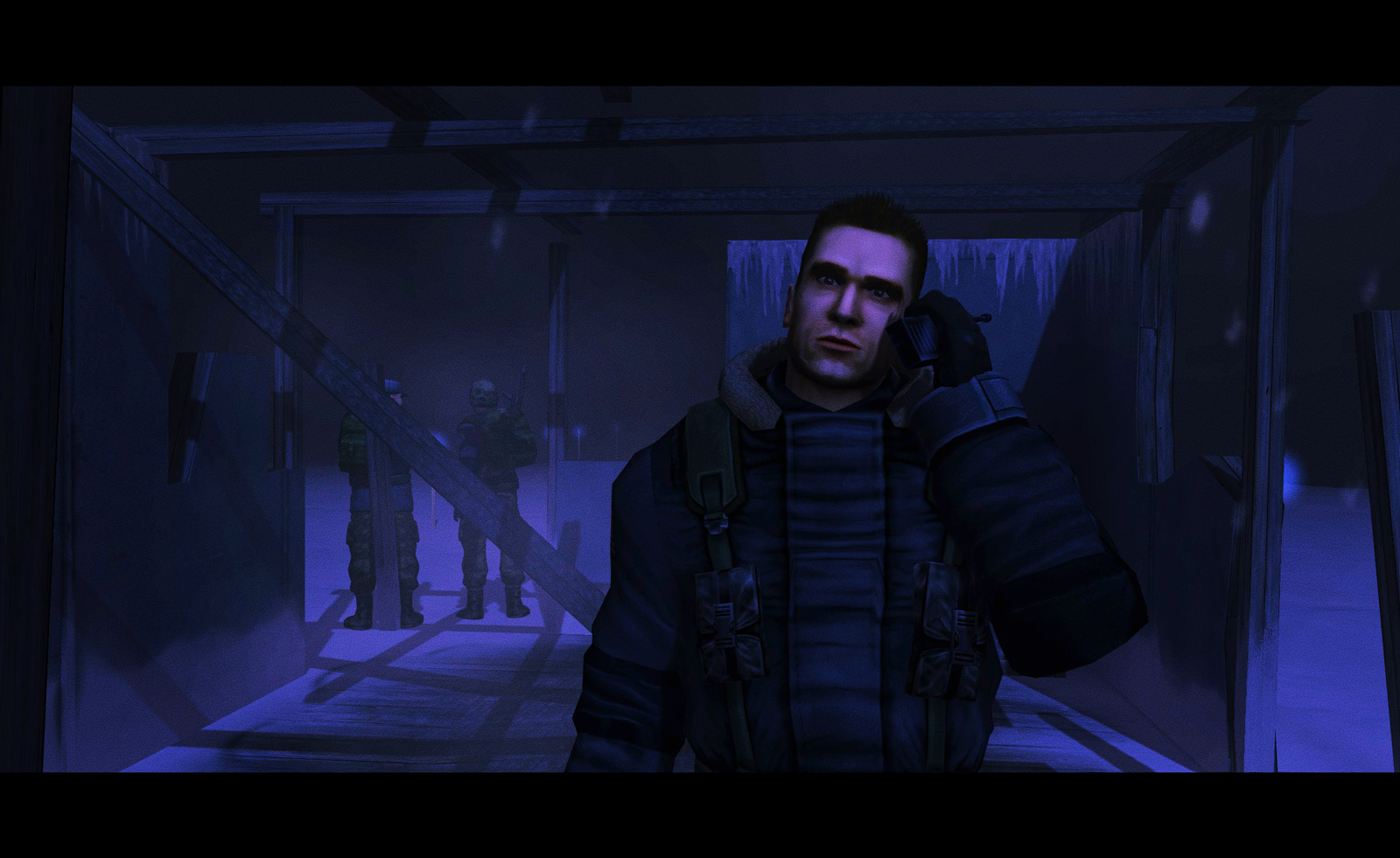 ‘It creates mental horrors’ – why The Thing game remains so chilling
‘It creates mental horrors’ – why The Thing game remains so chillingWallpaper* speaks to two of the developers behind 2002’s cult classic The Thing video game, who hope the release of a remastered version can terrify a new generation of gamers
-
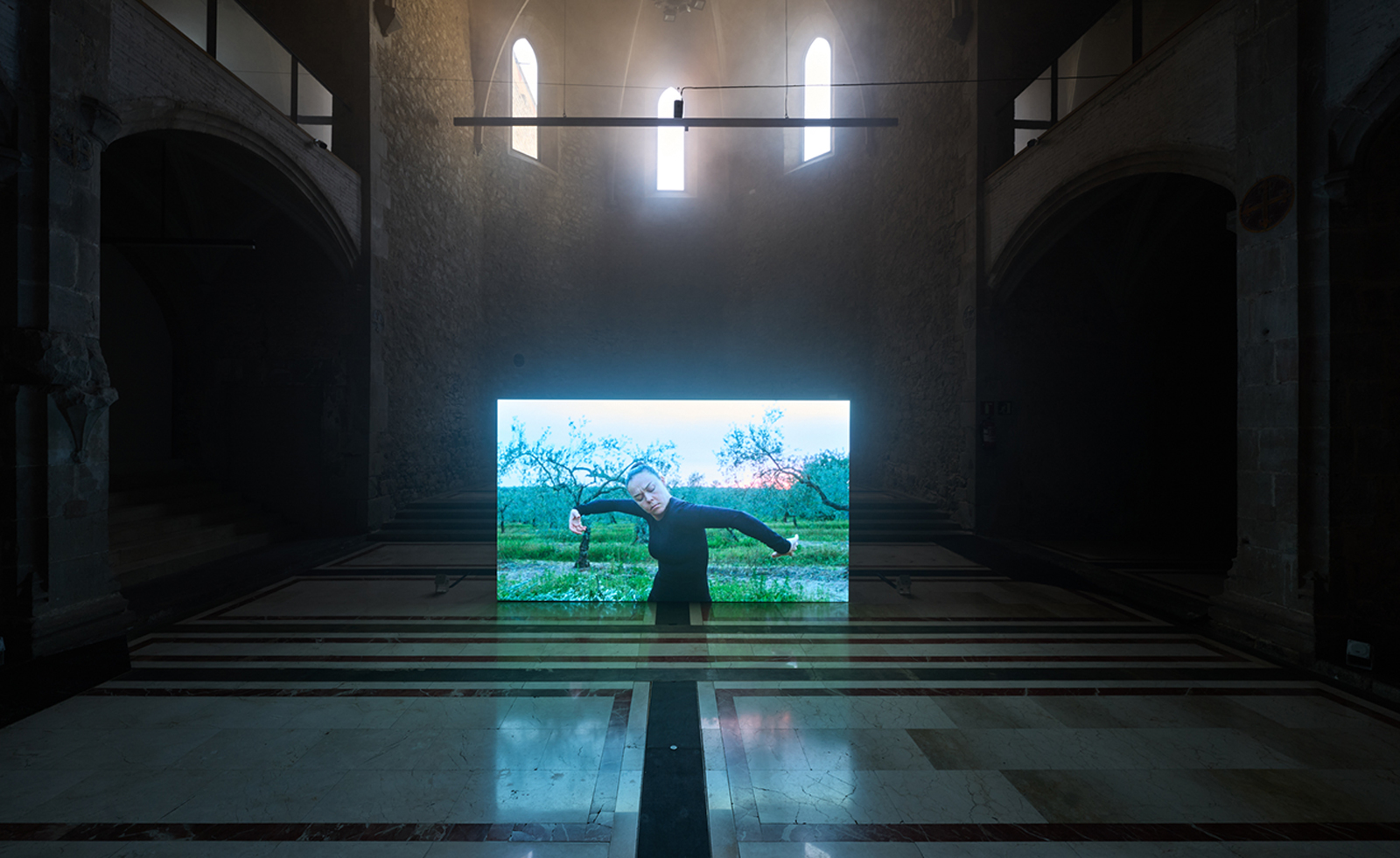 Wu Tsang reinterprets Carmen's story in Barcelona
Wu Tsang reinterprets Carmen's story in BarcelonaWu Tsang rethinks Carmen with an opera-theatre hybrid show and a film installation, recently premiered at MACBA in Barcelona (until 3 November)